Cardiovascular diseases have now become widespread. The primary culprit behind is, you have rightly guessed, junk food. Cardiovascular diseases, however, are fortunately both preventable and curable .without even taking any medication. Simply switching to a healthy diet is all you need to do. There are great foods for cardiovascular health, foods that are almost always readily available.
The secondary cause behind cardiovascular diseases is an inactive lifestyle. A diet containing healthy foods coupled with a regular mild exercise routine is enough to get back to good health.
In today’s Chlorine post, we have listed the top 30 healthy foods that are particularly good for cardiovascular health.
Foods for Cardiovascular Health
These 30 foods are always readily available almost everywhere. You can start adding them to your diet and gradually switch from a junk eating habit to a healthier one.
1. Chickpeas
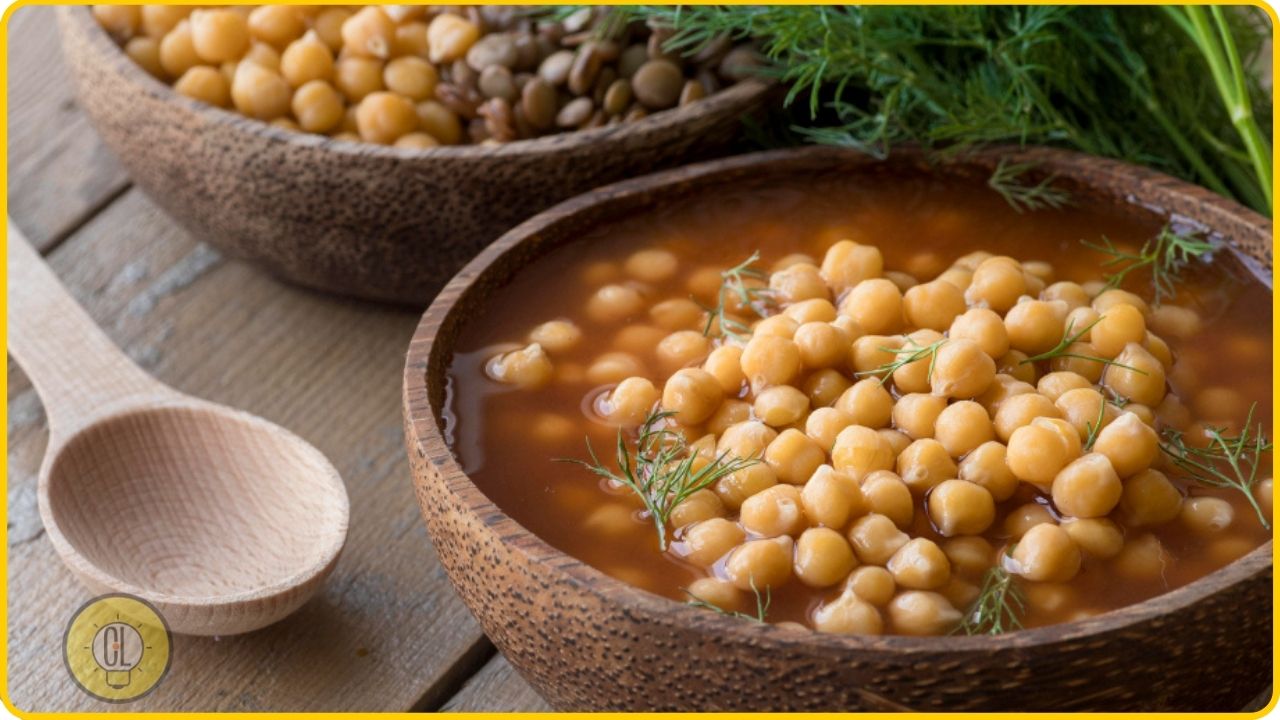
Chickpeas are not only the major ingredient in hummus, they are used in a number of both hot and cold dishes. They contain a lot of potassium, which is very important for the heart muscle. They are also great at lowering cholesterol and reduce the risk of heart diseases. You can consume chickpeas in a variety of tasty ways including hot and cold.
2. Foods for Cardiovascular Health: Coffee
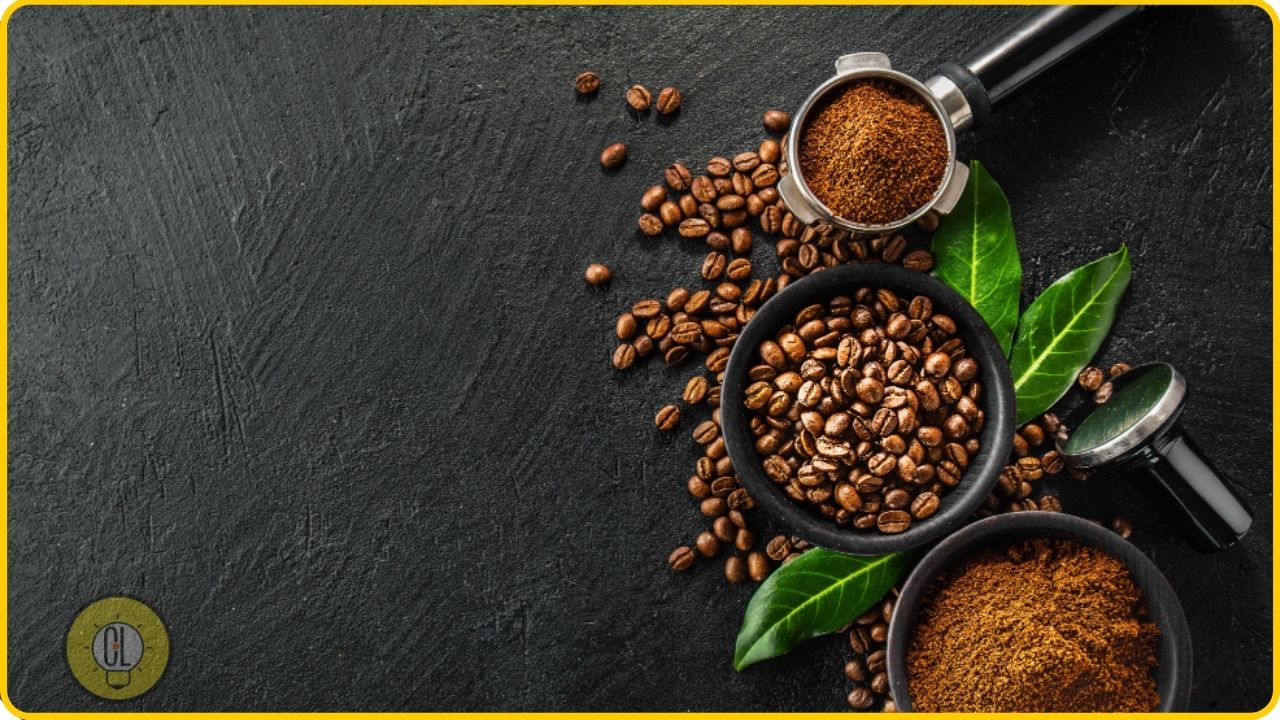
It’s been proven that coffee can lower the risk of cancer. In addition, coffee also protects against heart attacks and even strokes. It is recommended to drink 3-4 cups a day, but without sugar and even better without milk.
3. Cranberries
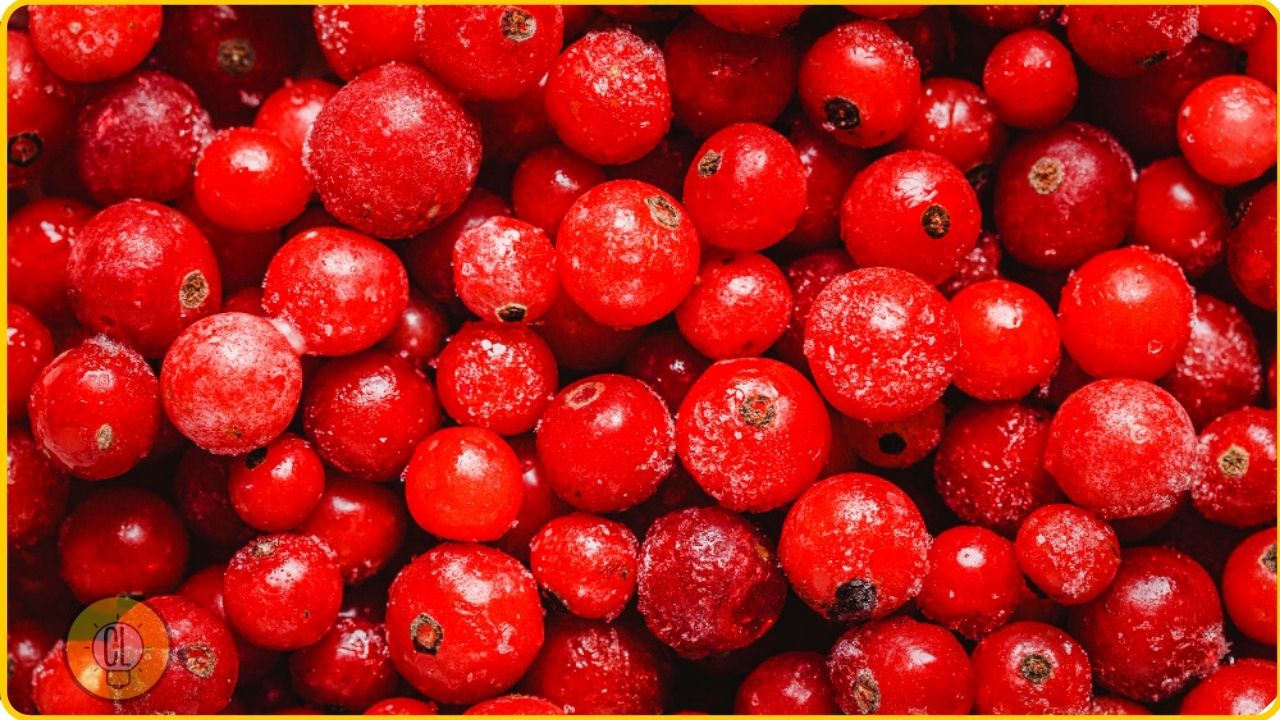
Cranberry sauce, cranberry syrup, juice, pancakes, you can consume the amazing berries in a variety of ways. The berries are full of important antioxidants and nutrients. They protect against inflammation of the bladder as well as heart disease. However, it is great to consider going for unsweetened ones.
4. Figs
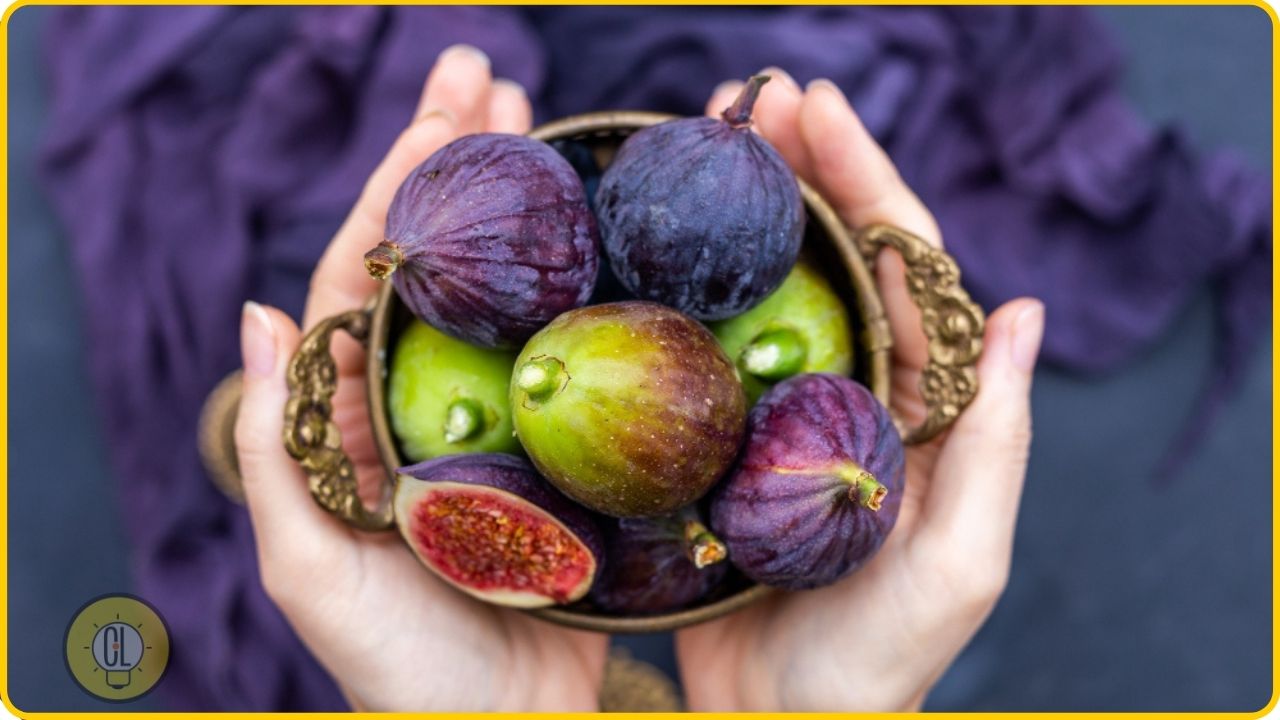
Figs are particularly good for digestion as they contain a large amount of dietary fiber. They are rich in vitamin A which is particularly important for eyes, skin, and mucous membranes. You can enjoy the fruit raw, or add it to salads.
5. Ginger
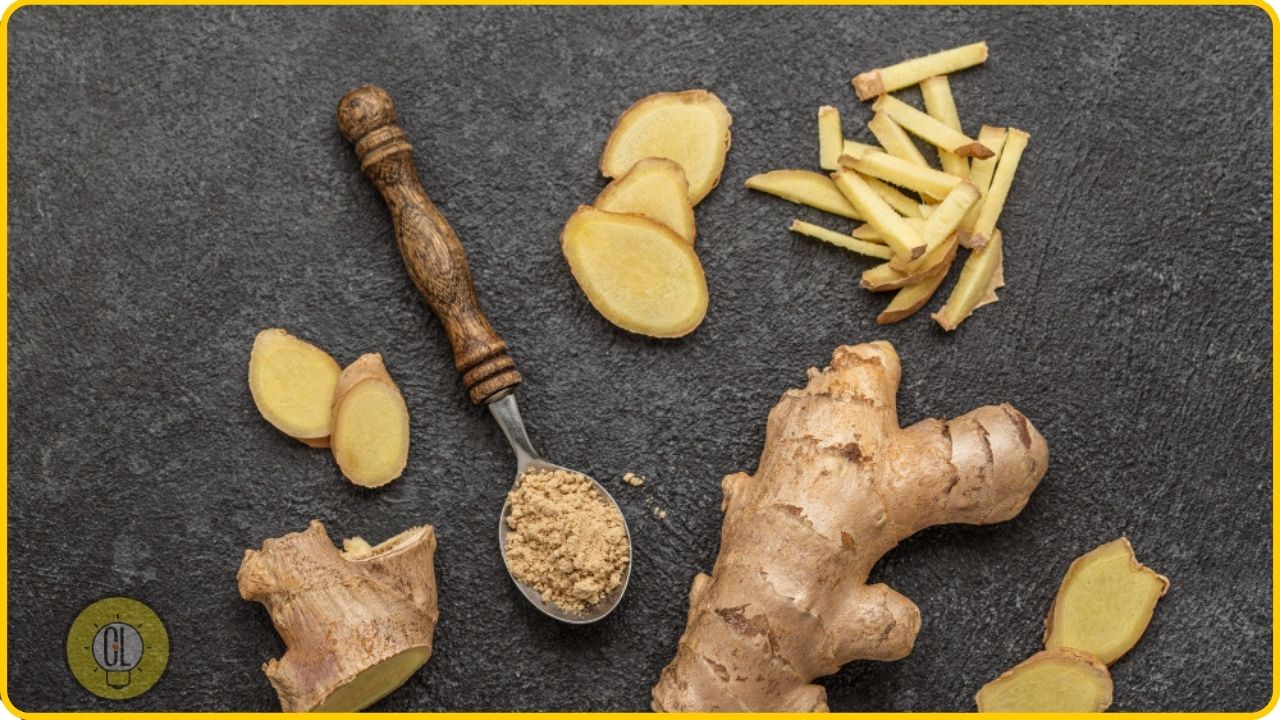
Ginger is particularly rich in vitamin C, magnesium, iron, calcium, potassium, sodium, and phosphorus. The rhizome contained in ginger has an antibacterial effect and contributes to a healthy intestinal flora. The healthy tuber is a good home remedy for gastrointestinal problems.
6. Grapefruit
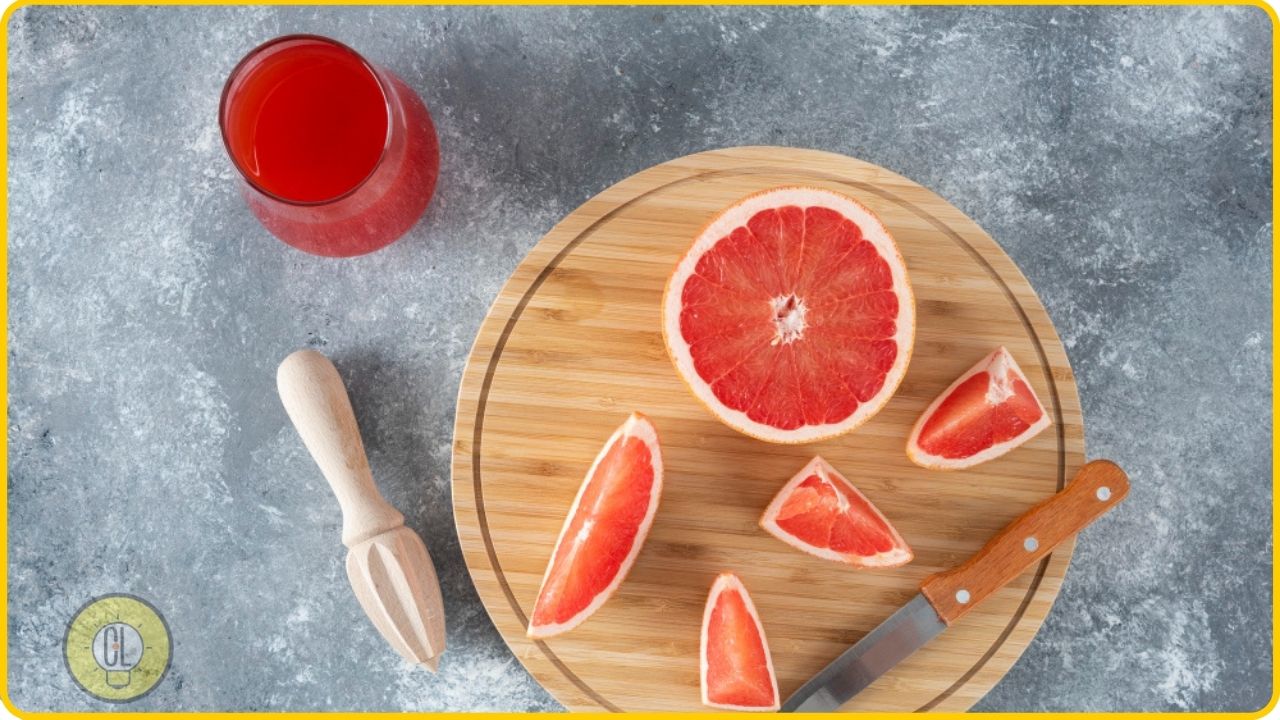
Bitter in taste but incredibly healthy, Grapefruit contains a lot of vitamin C and thus strengthens the immune system particularly well. It is also great for weight loss.
7. Green Tea
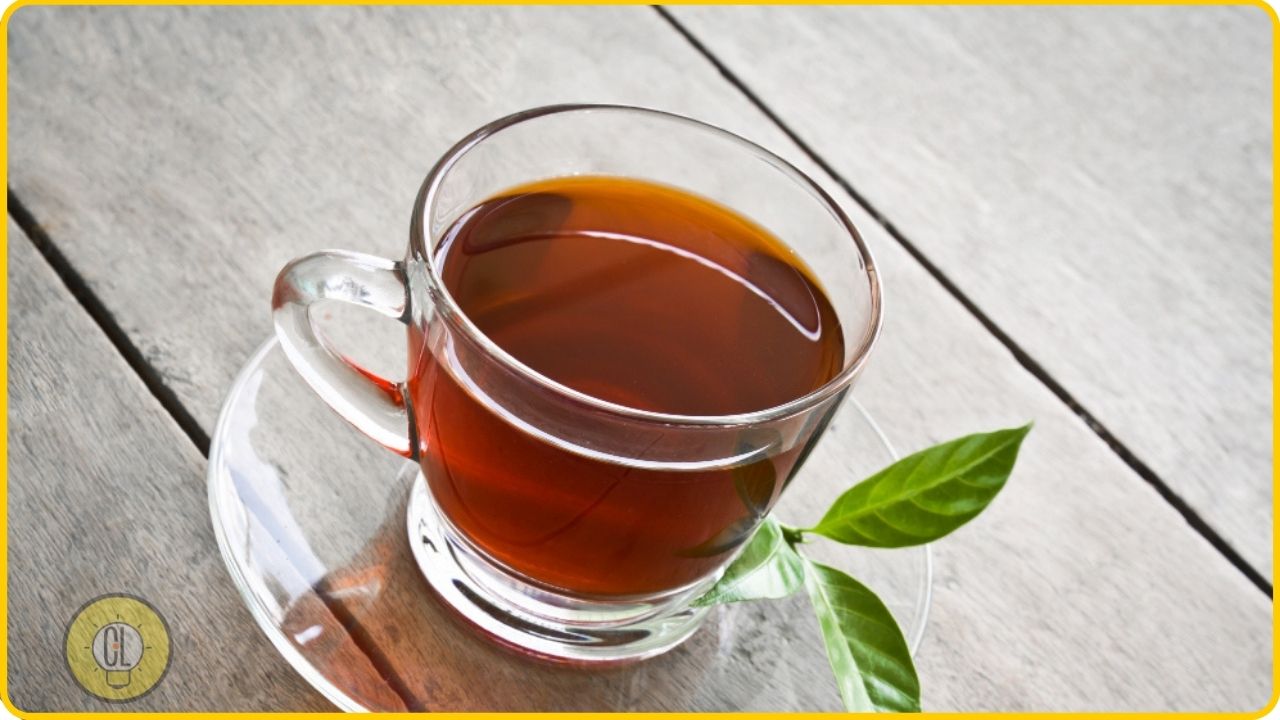
Green tea also known as matcha tea is particularly rich in different types of antioxidants. The tea is known to fight free radicals thus prevents cancer. It also contains caffeine. Green tea can easily put coffee to shame when it comes to energy-boosting. Replace your cup of coffee with green tea and enjoy a great energy boost still without having to face coffee jitters.
8. Kidney Beans
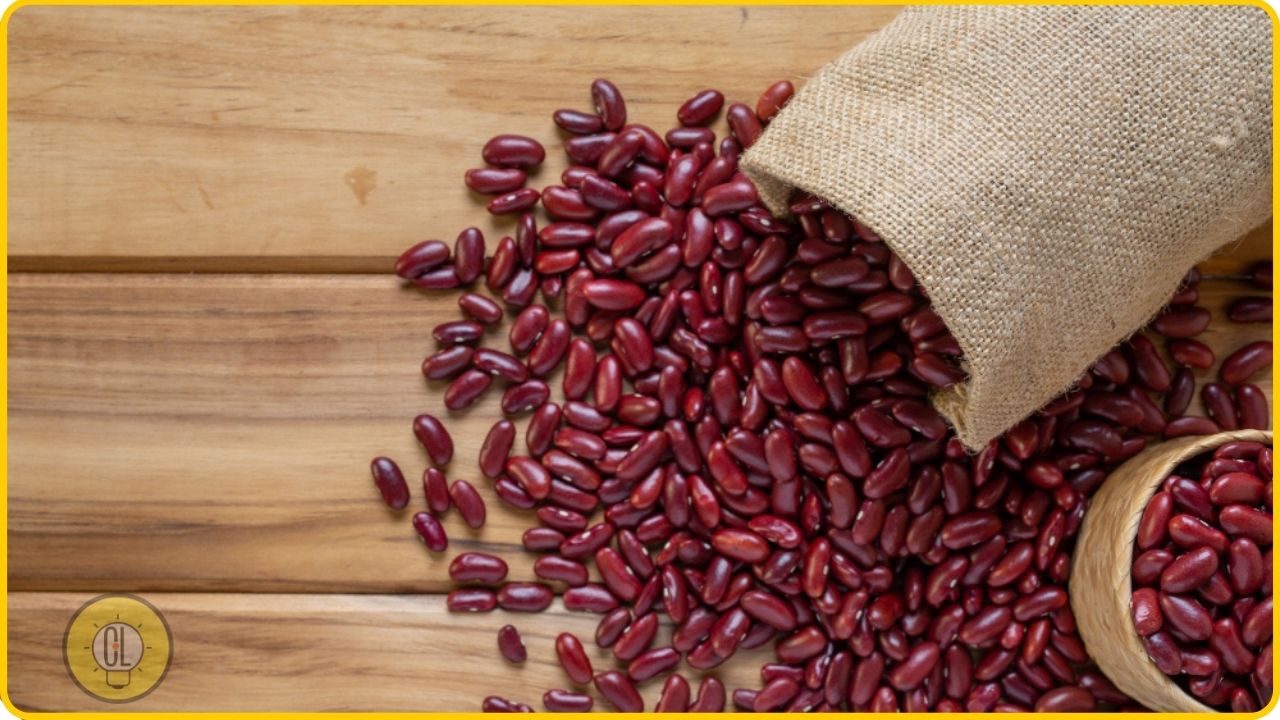
Whether in chili, salads, or stews, the kidney bean is particularly tasty. Kidney beans are rich in protein, potassium, calcium, magnesium, and iron. They contain a lot of carbohydrates and only 5% fat. The beans are a good source of energy and keep you satiated for a longer time.
9. Oranges
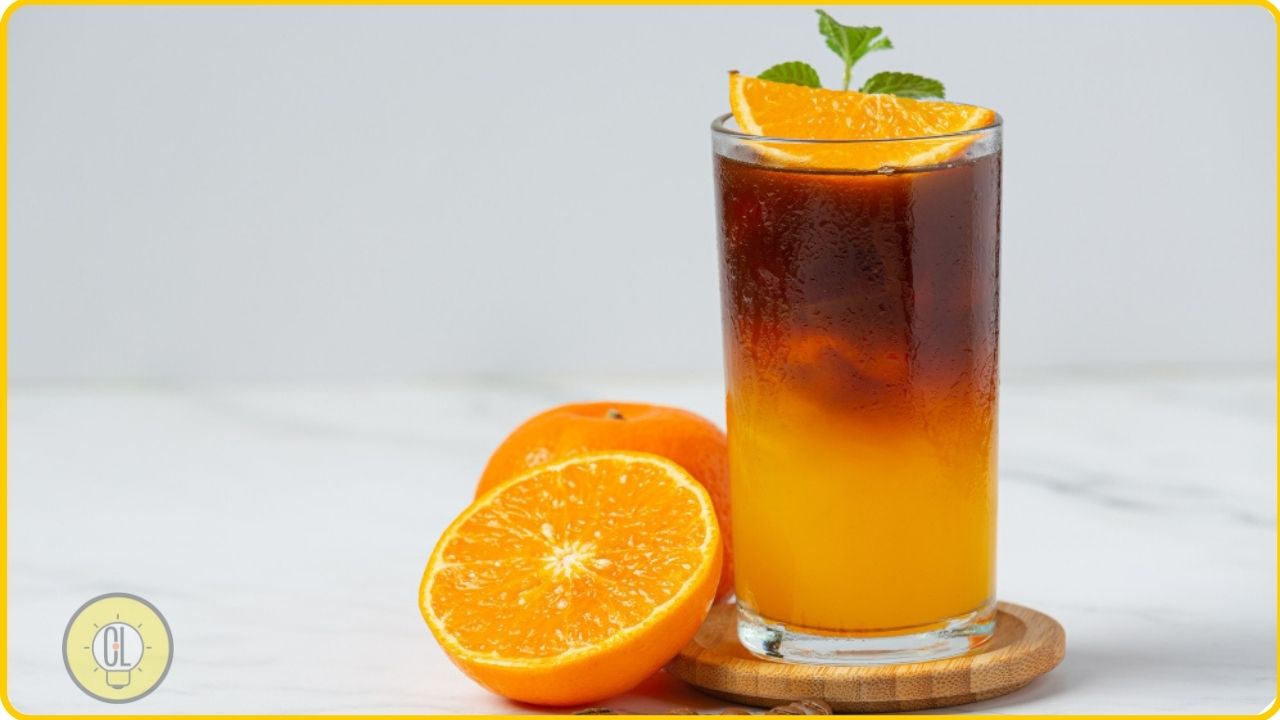
Oranges are one of the most popular fruits worldwide. You can squeeze and enjoy the juice or peal and eat them. Oranges boost the immune system and promote health. They contain a lot of vitamin C which is important for a healthy immune system. The fruit also contains a lot of flavonoids.
10. Foods for Cardiovascular Health: Kale

Like most leafy green vegetables, kale is high in antioxidants, vitamin C, beta-carotene, and flavonoids. In order to absorb as many nutrients as possible, the leaves should either be eaten raw or only briefly blanched, so that the antioxidant effect can unfold optimally.
Want to learn more about Kale? We have separately discussed Kale health benefits, nutrition facts, Properties, and more here.
11. Garlic
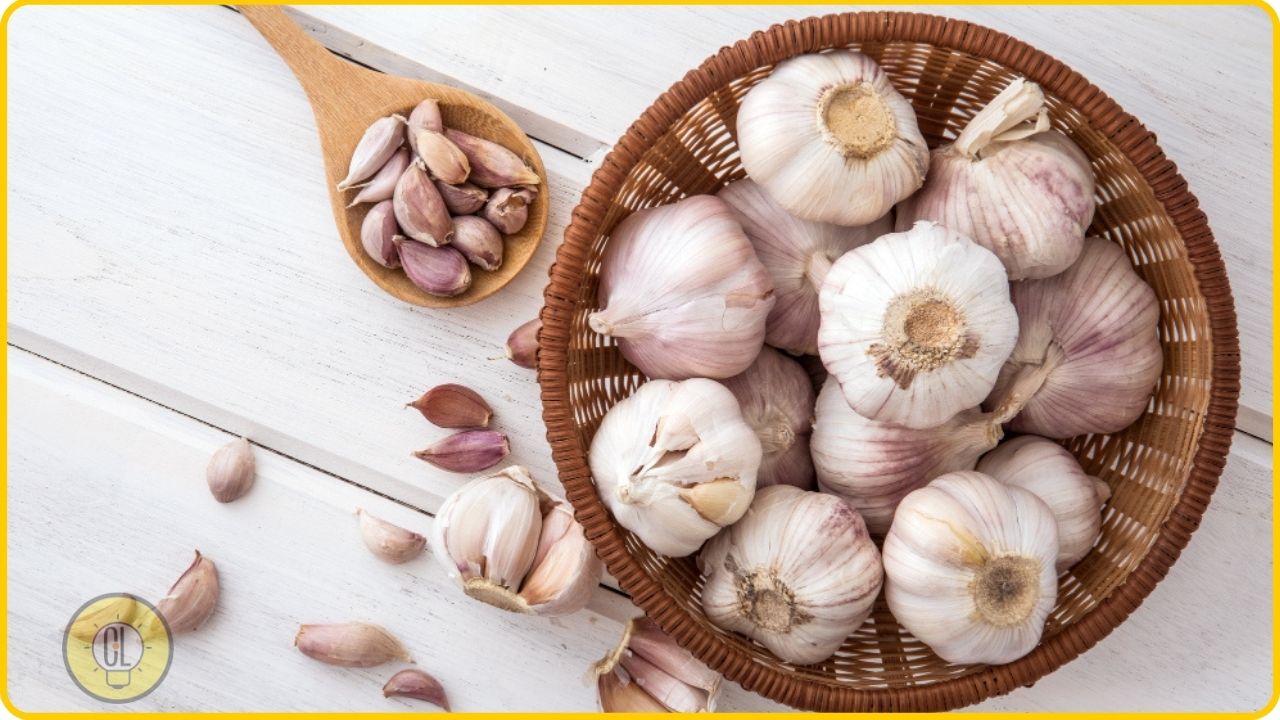
Garlic is one of the healthy bulbs that is also a tasty inducing spice. It supports blood production, heart health, and helps clean blood vessels. Garlic also supports intestinal health as a natural antibiotic. If you don’t like adding garlic to your dishes, you can grab the miracle natural medicine in the form of pills as a dietary supplement.
12. Red Wine

Red wine is healthy from a nutritional point of view and slows down cell aging thanks to the antioxidants it contains. It lowers the risk of cancer, prevents heart attacks, and improves brain activity. Wine should be consumed in moderation, however, because too much can stress the liver.
13. Chocolate

A dream becomes true. Various studies suggest that dark chocolate with a high cocoa content can reduce the risk of stroke. At the same time, chocolate also releases happiness hormones. However, chocolate should only be consumed in moderation because it also contains fat and a lot calories.
14. Lentils
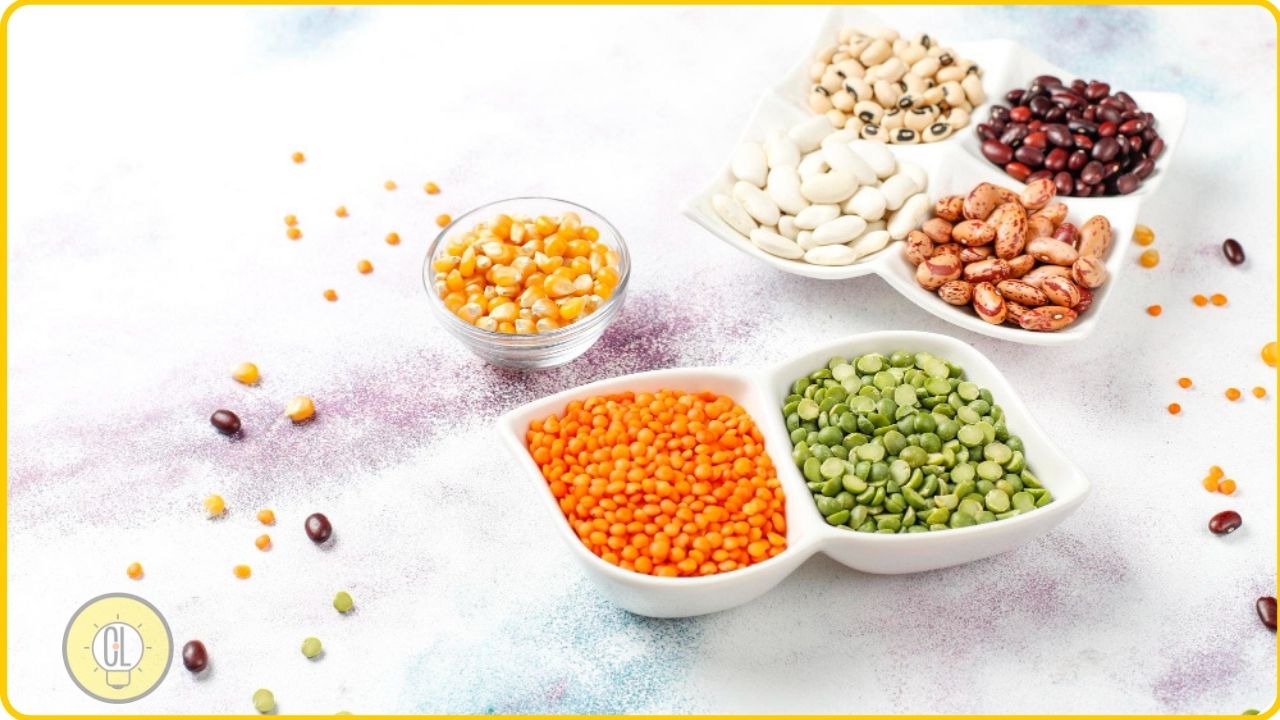
Lentils are the perfect alternative to meat because they contain more protein than any other legume. Another plus point, lentils contain almost no fat. They’re a perfect source of potassium, protein, and magnesium, and they lower the risk of heart disease, stroke, lower blood pressure, and lower cholesterol.
Related: 7 Spices For Longevity, Good Health, Weight Loss, Listed Here
15. Almonds
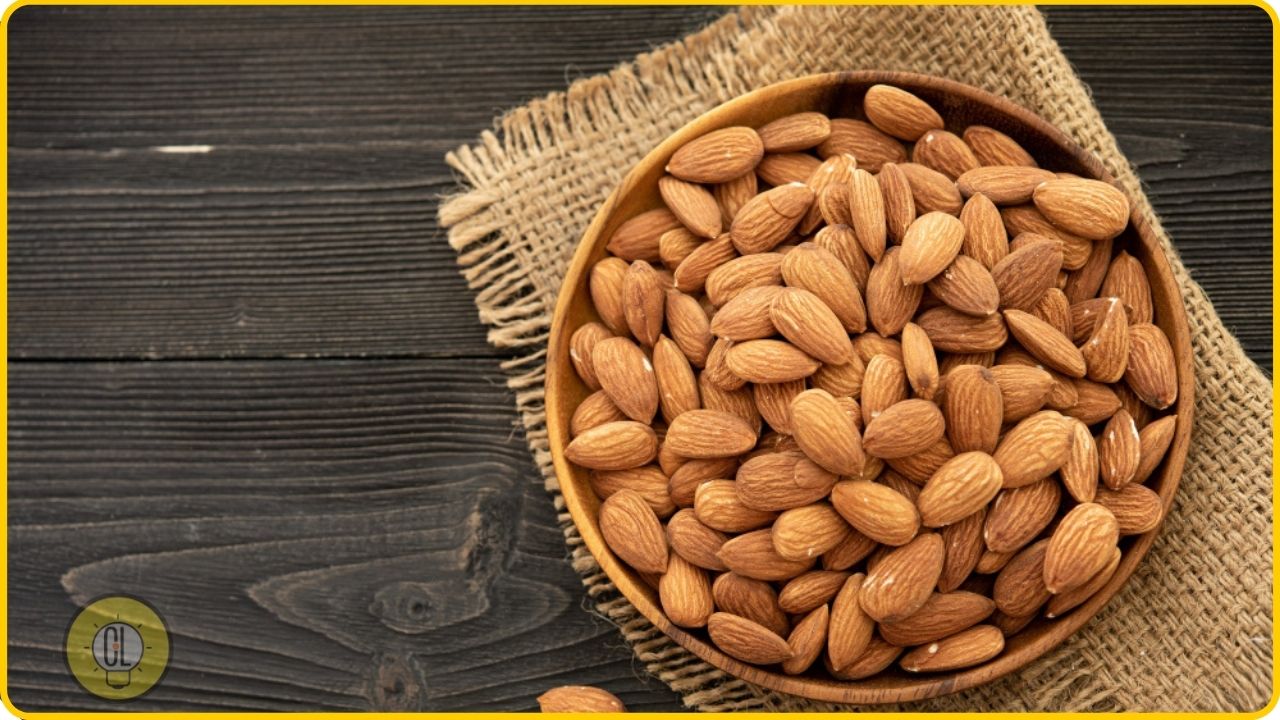
Almonds are full of healthy fats, vegetable protein, and a lot of fiber. They are one of the most popular nuts and contain a lot of magnesium, which is responsible for the transmission of stimuli between nerves and muscles. The dry fruit also quenches food cravings and help you lose weight.
16. Pomegranates
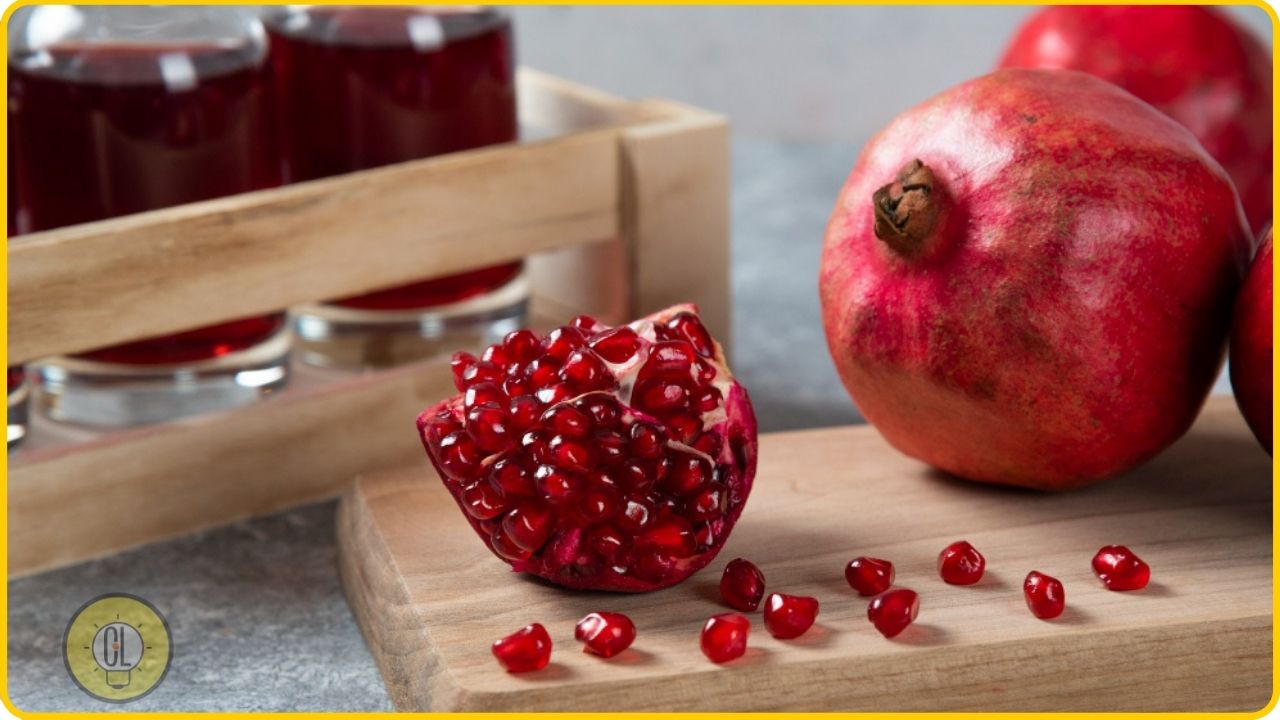
Whether added in salads, smoothies, or shakes, pomegranates are very tasty and provide important vitamins and minerals. In addition to flavonoids and antioxidants, which have a cell-rejuvenating effect, the red seeds also strengthen the immune system and can prevent prostate cancer, diabetes and strokes.
17. Blueberries
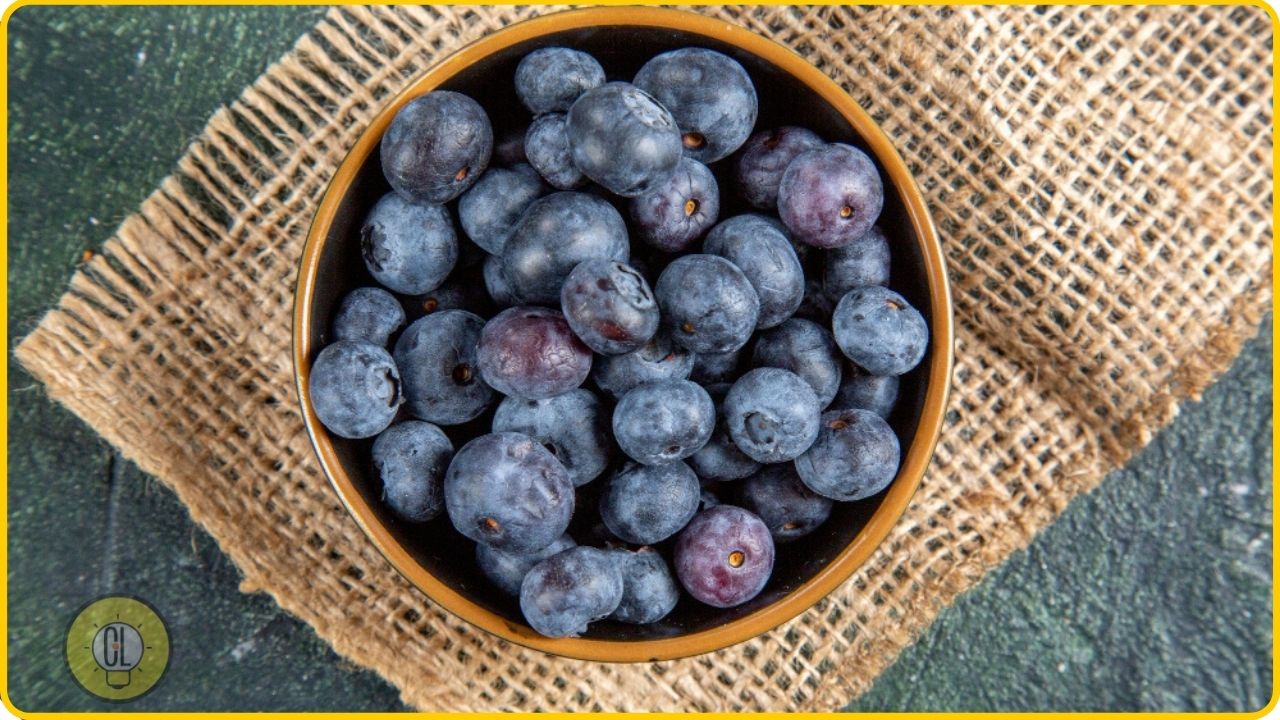
Blueberries are real beautifiers. Take a tasty cup of your blueberry smoothie for weight loss and good health. The vitamin C it contains strengthens the immune system and stimulates collagen production. Collagen has a plumping effect on the skin and makes the skin look younger. Vitamin E is also considered one of the beauty vitamins. It’s an antioxidant and keeps free radicals off.
18. Foods for Cardiovascular Health: Beetroot
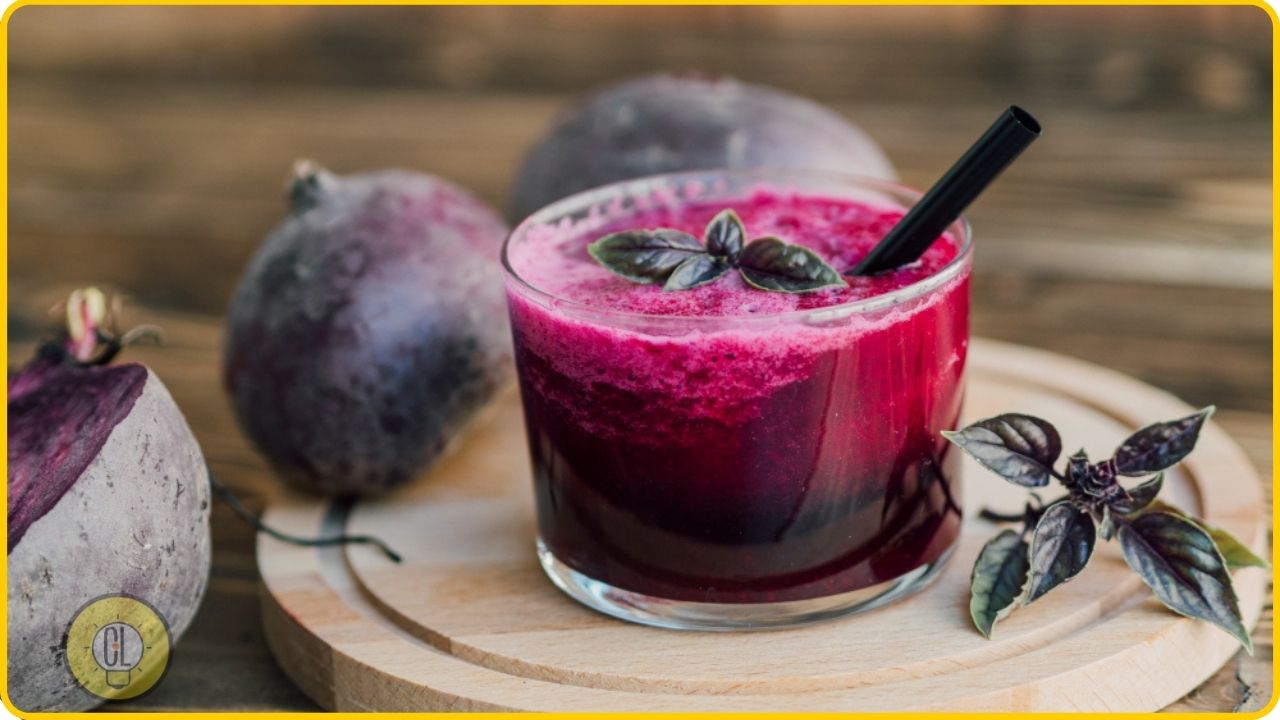
The red tuber is extremely healthy and rich in important nutrients and vitamin B, iron, magnesium, and potassium. Beetroot contains betaine, which lowers the risk factor homocysteine for heart disease, it also has a cancer-protective effect and lowers blood pressure with the nitrate it contains.
19. Salmon

Salmon is one of the most popular food fish. In addition to a high proportion of omega-3 fatty acids, salmon also contains many vitamins, minerals, and trace elements. The fish provides the body with important proteins and iodine, which is important for the thyroid, as well as essential amino acids.
20. Turmeric
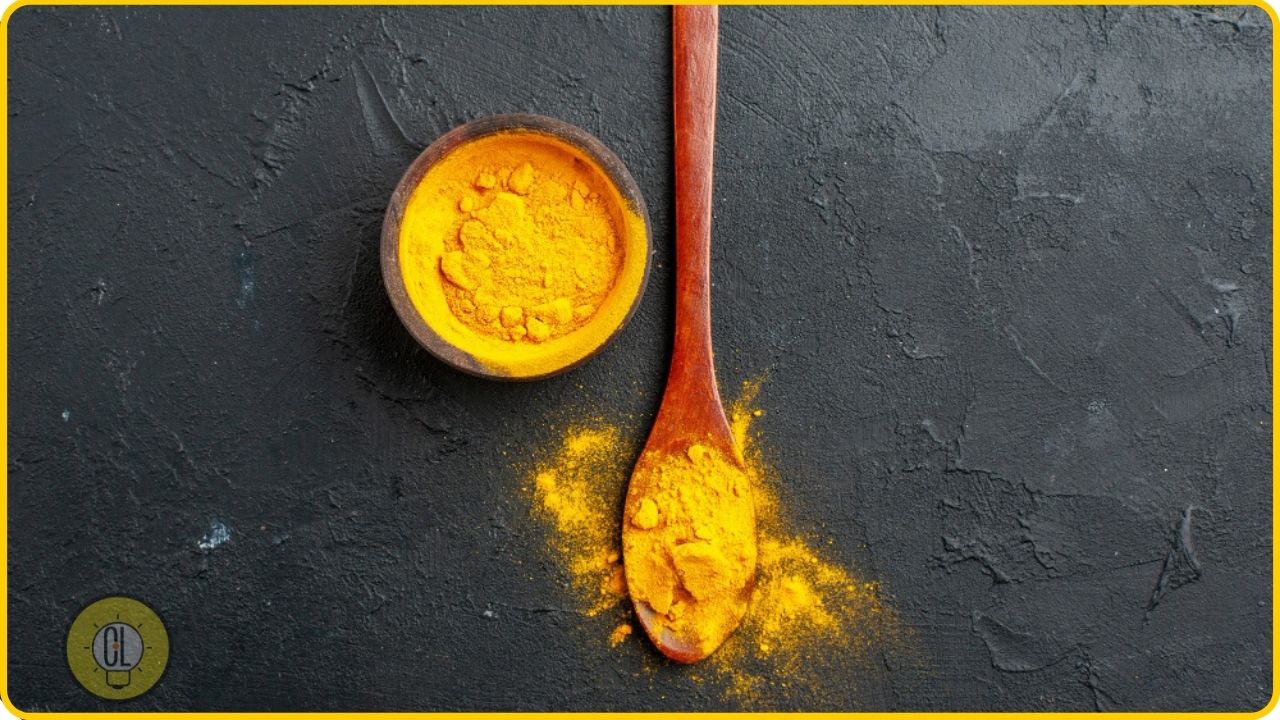
Turmeric is rich in essential oils and the active ingredient curcumin. It has a strong anti-inflammatory effect and is also often used to prevent and treat cancer and Alzheimer’s disease. It also supports the digestive tract and digestion and is an antioxidant. One great way to consume turmeric is making a Turmeric-coffee drink.
21. Chia Seeds
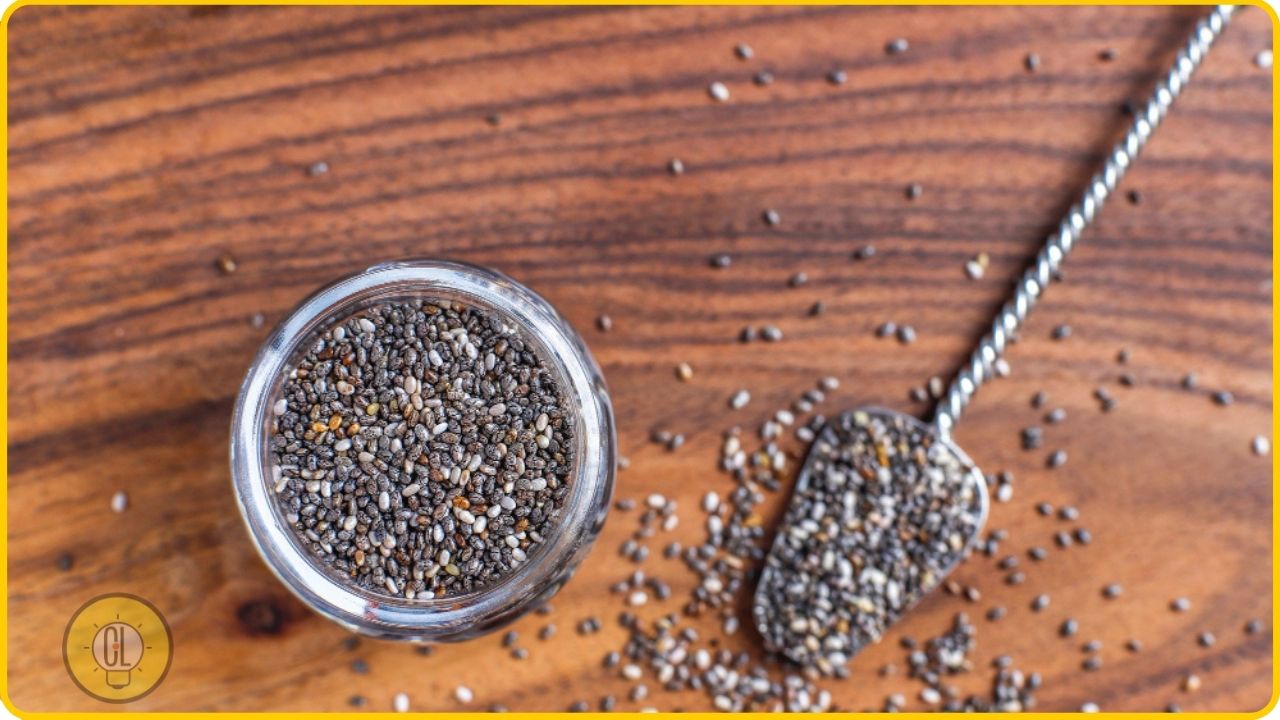
The seeds from South America are true miracle grains. They consist of 17 percent protein and contain polyunsaturated fatty acids as well as minerals and vitamins. Due to the high fiber content of 34 percent. The seeds also help with weight loss and keep you full for a long time.
22. Bulgur
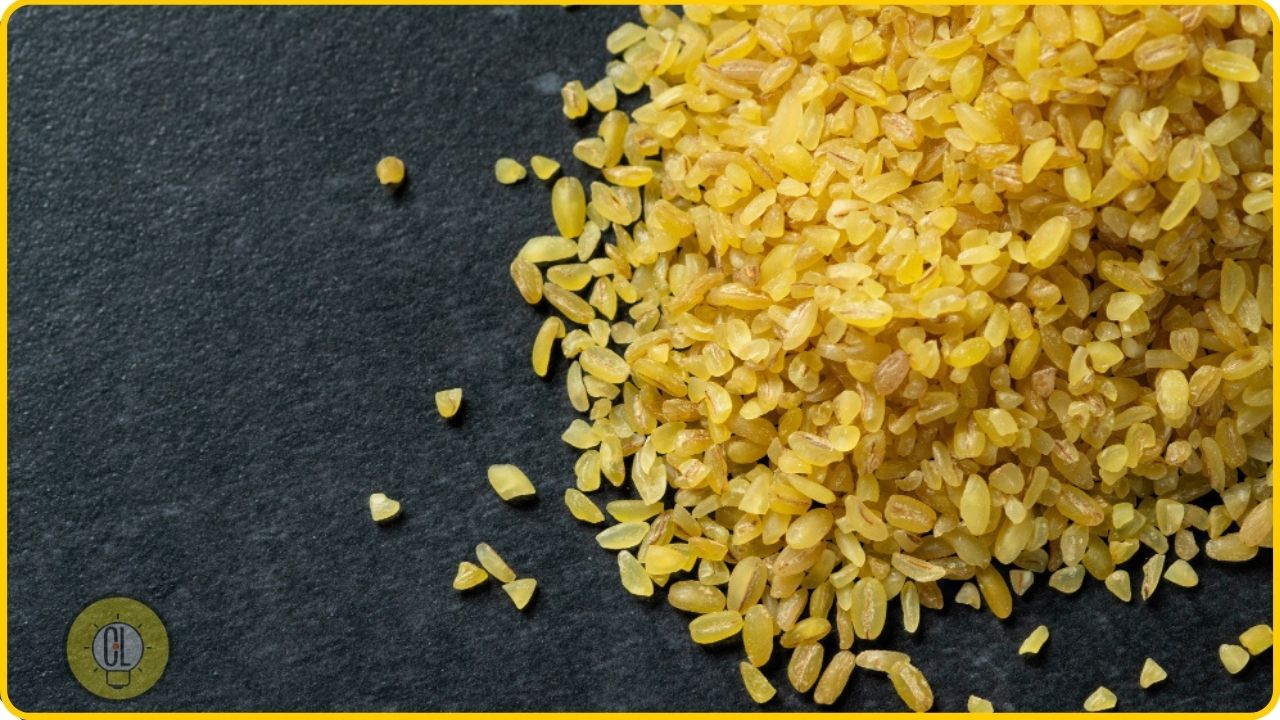
Bulgur is a popular ingredient in many traditional Middle Eastern dishes – and for good reason too. This nutritious cereal grain is easy to prepare and offers several potential health benefits. Bulgur is a whole grain made from cracked wheat. It’s full of vitamins, minerals, and fiber.
High-fiber foods like bulgur can reduce the risk of chronic disease, promote weight loss, and improve digestion and intestinal health. It’s easy to cook and can be added to many dishes, including salads, stews, and bread.
23. Broccoli
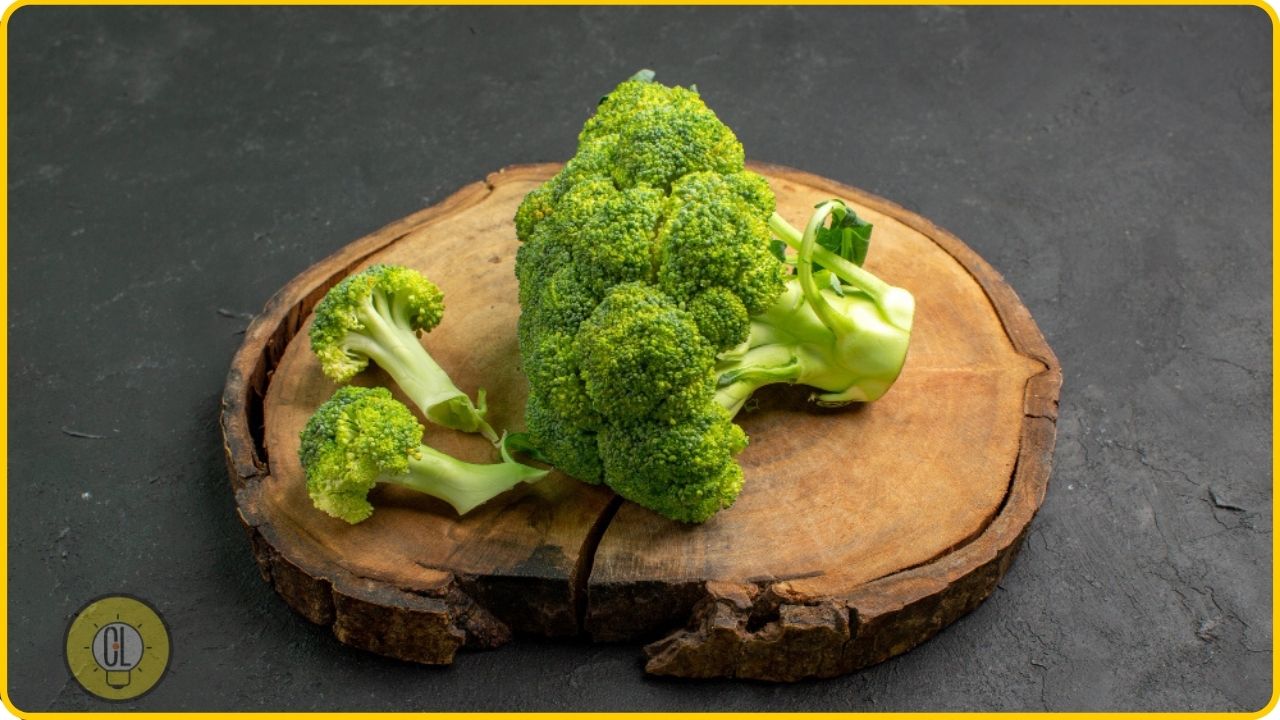
Broccoli contains good amounts of fiber, calcium, potassium, folic acid, and phytonutrients. Phytonutrients are compounds that reduce the risk of heart disease, diabetes, and some cancers. The vegetables also contain important antioxidants such as vitamin C and beta-carotene.
In fact, a single half cup of broccoli can make up about 85% of a person’s daily vitamin C value. However, overcooking broccoli can destroy many of its key nutrients. For this reason, it’s best to eat it raw or lightly steamed.
24. Oatmeal
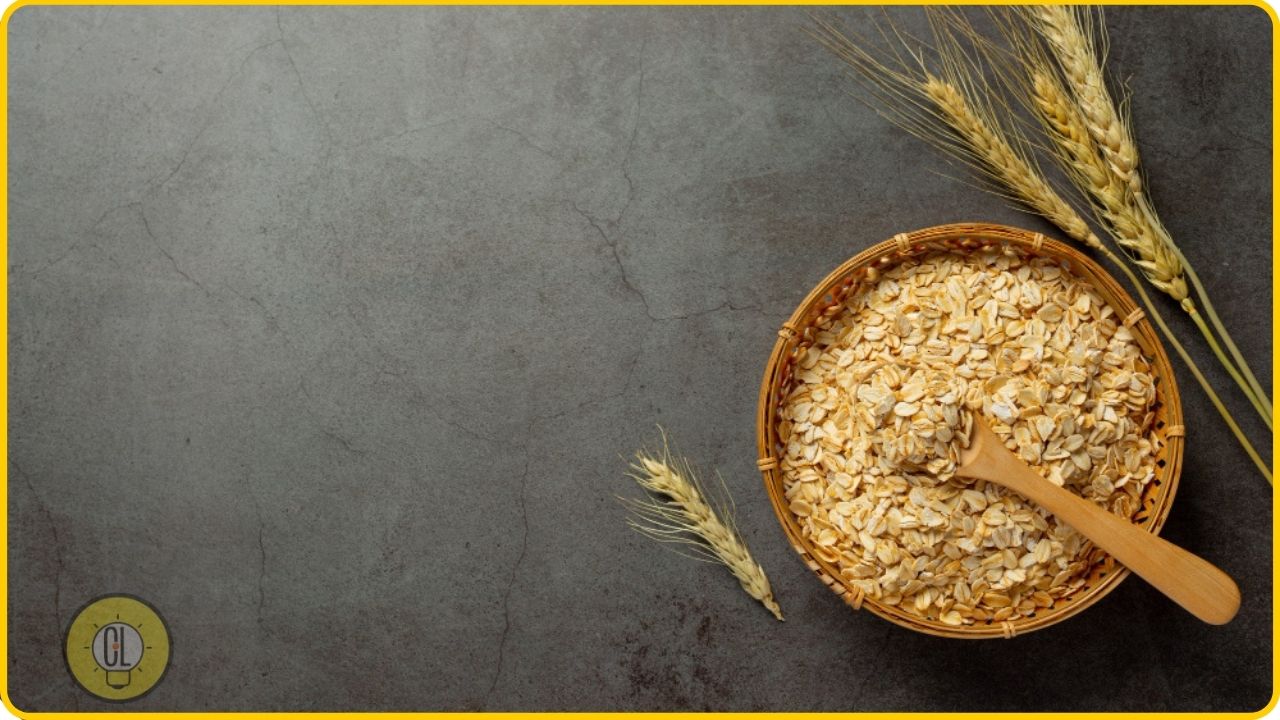
Interest in oatmeal has grown significantly over the past 20 years due to its health benefits. Research has shown that the soluble fiber content of the grain helps lower cholesterol levels and lower cardiovascular risk factors.
Oats contain complex carbohydrates as well as water-soluble fiber. These slow down digestion and help stabilize blood sugar levels. Oatmeal is also a good source of folic acid and potassium.
25. Quinoa
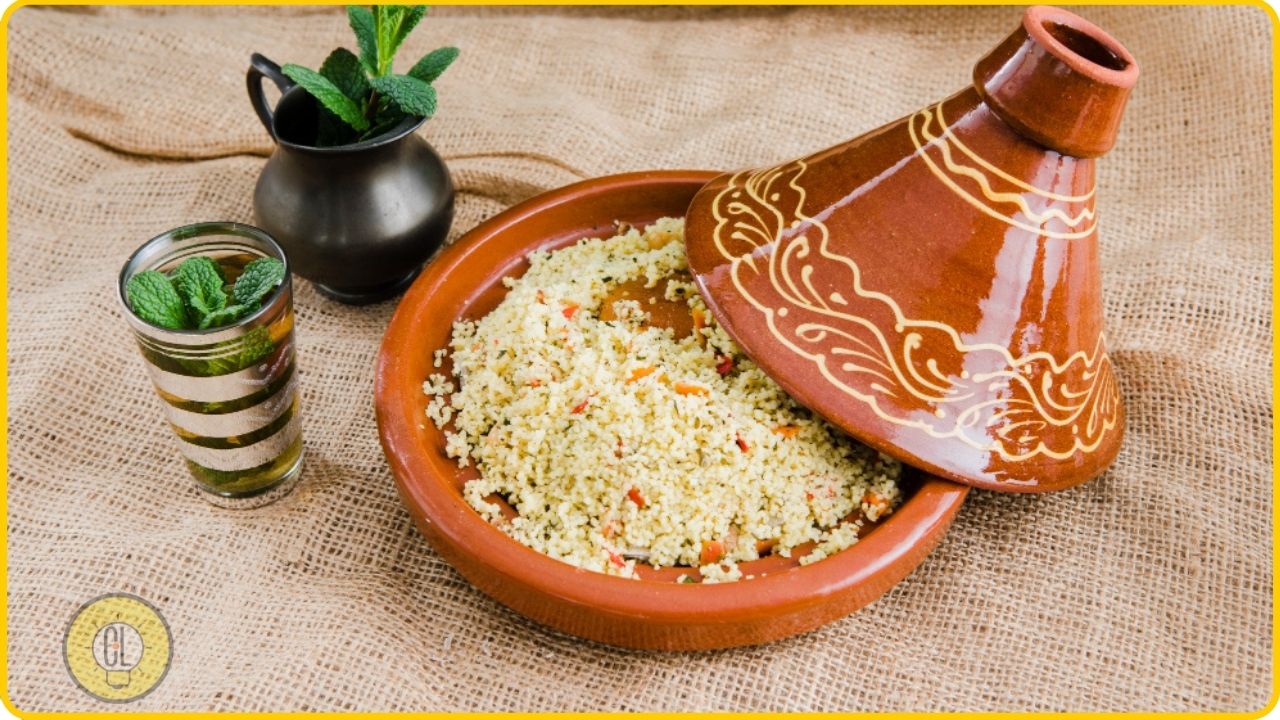
Quinoa is high in fiber, minerals, antioxidants, and amino acids. It is one of the healthiest and most nutritious foods in the world. Plus, it can improve your blood sugar and cholesterol levels, and even help you lose weight.
While it may look like a grain, quinoa is actually an herbaceous plant. It’s a complete protein, meaning it contains all nine essential amino acids and provides the same energy and satiety you would get from meat without fat or cholesterol.
26. Foods for Cardiovascular Health: Tofu
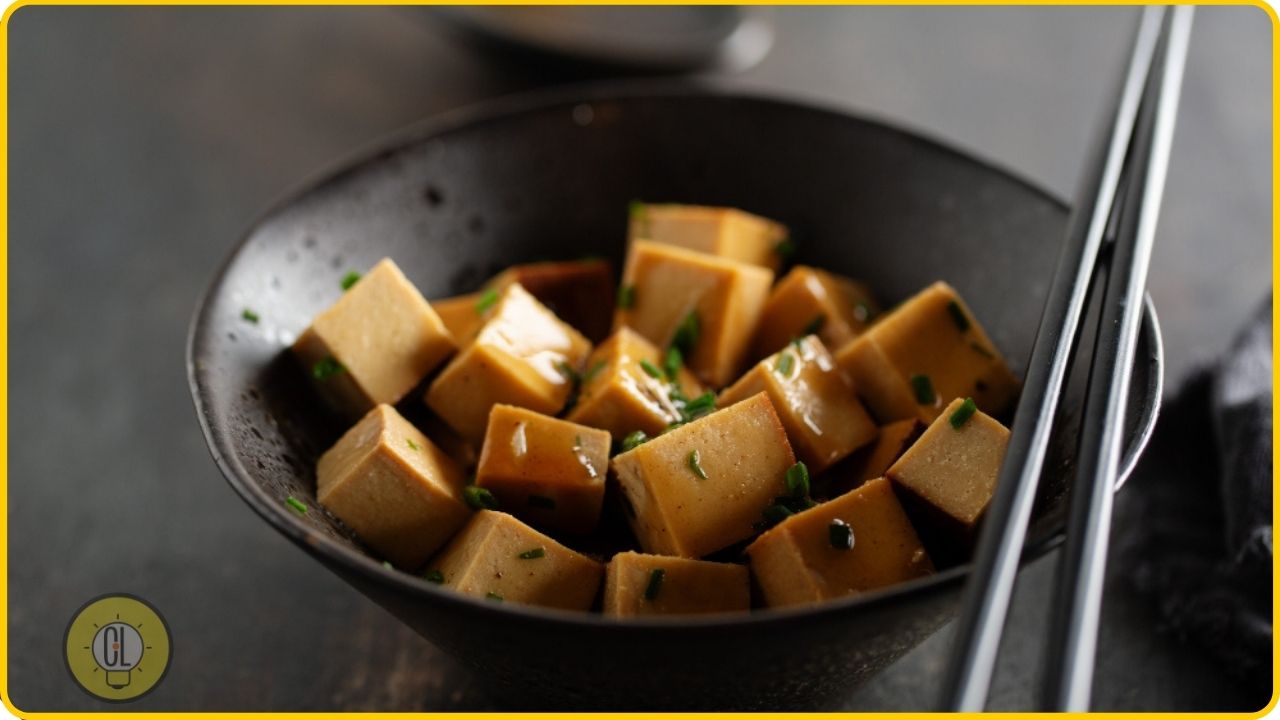
Tofu is a food made from condensed soy milk that is pressed into solid white blocks in a process similar to cheese-making. Not only is it a great source of protein, but it’s also full of calcium, selenium, manganese, iron, and magnesium.
What it lacks in fiber, it makes up for in mineral content. Unlike many sources of animal protein, tofu is low in saturated fat and a good source of heart-healthy unsaturated fats. The tofu was originally made in China.
27. Linseed or Flaxseed
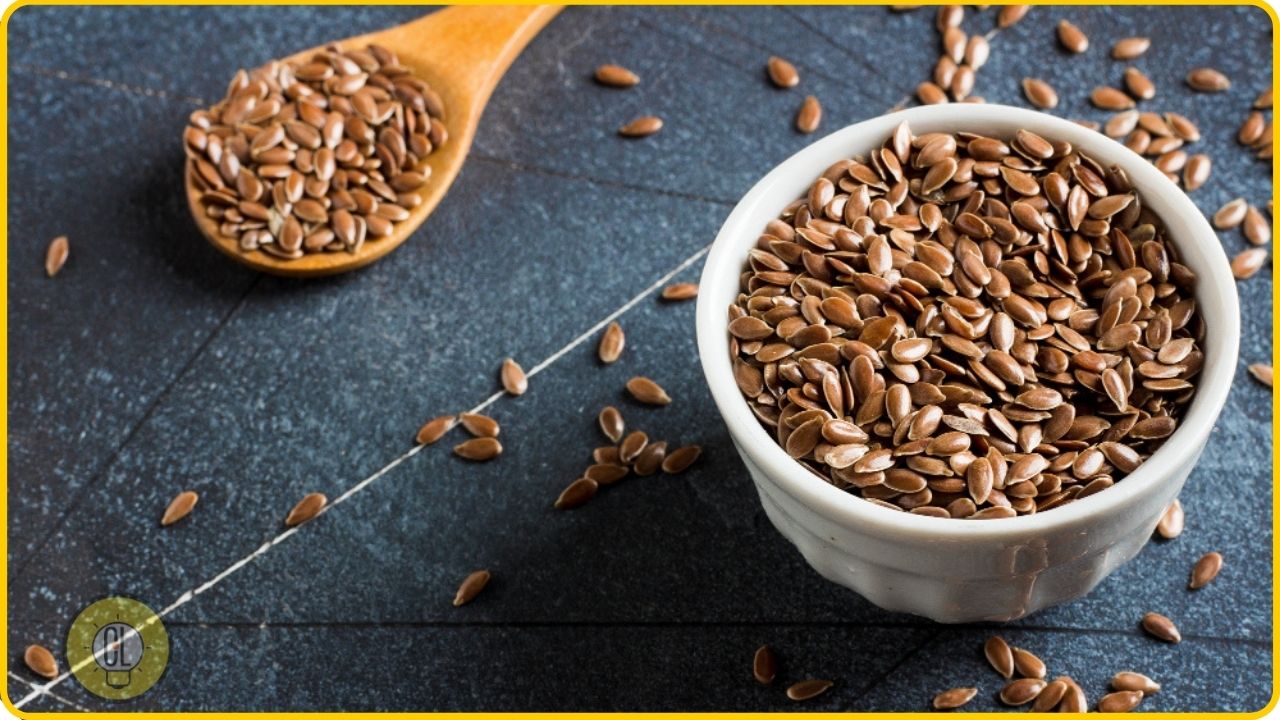
Flaxseeds are real boosters for the immune system. The omega-3 fatty acids and antioxidants it contains strengthen the body and protect against inflammation. Flaxseed is often eaten in cereal or bread. Another plus point: the seeds promote digestion.
28. Asparagus
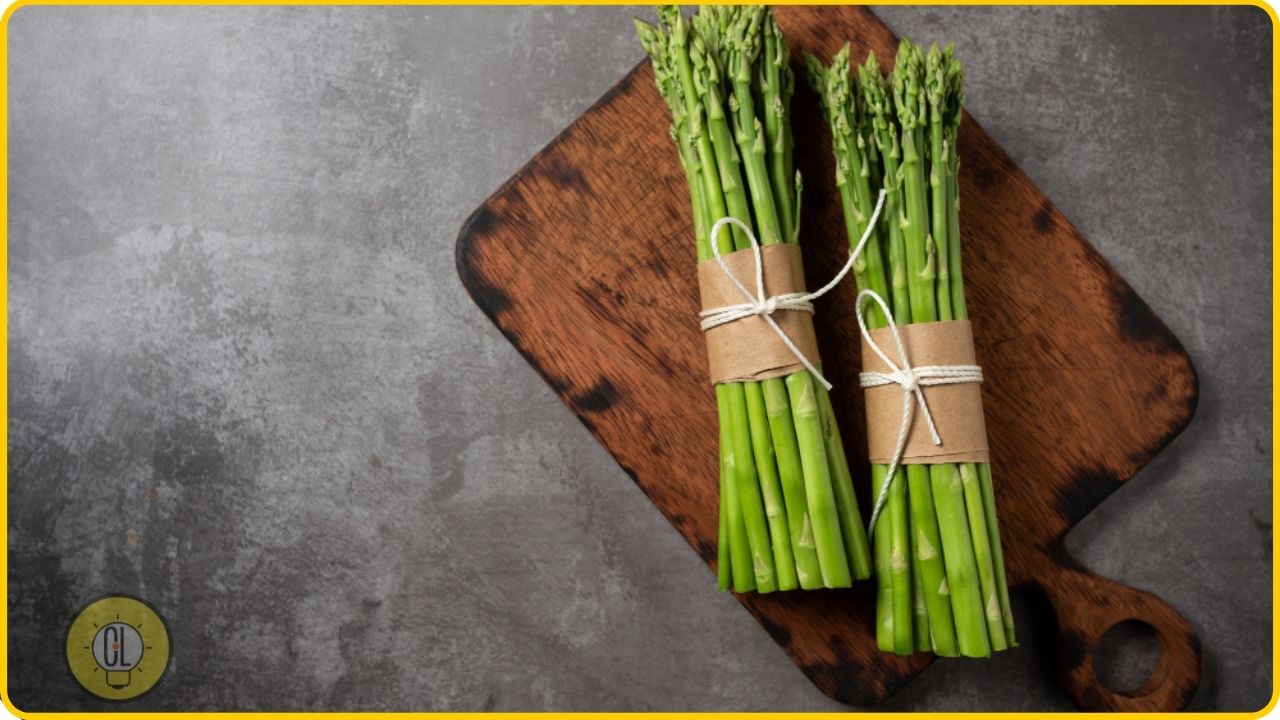
These spring vegetables are rich in various vitamins and minerals, making them an excellent addition to any diet. Half a cup (90 grams) of asparagus alone covers a third of your daily folic acid requirement. This amount is also high in selenium, vitamin K, thiamine, and riboflavin.
Getting enough folic acid from sources like asparagus can protect you from disease and even prevent neural tube birth defects during pregnancy.
Some test-tube studies also show that asparagus can benefit the liver by supporting metabolic function and fighting against toxicity.
29. Basil
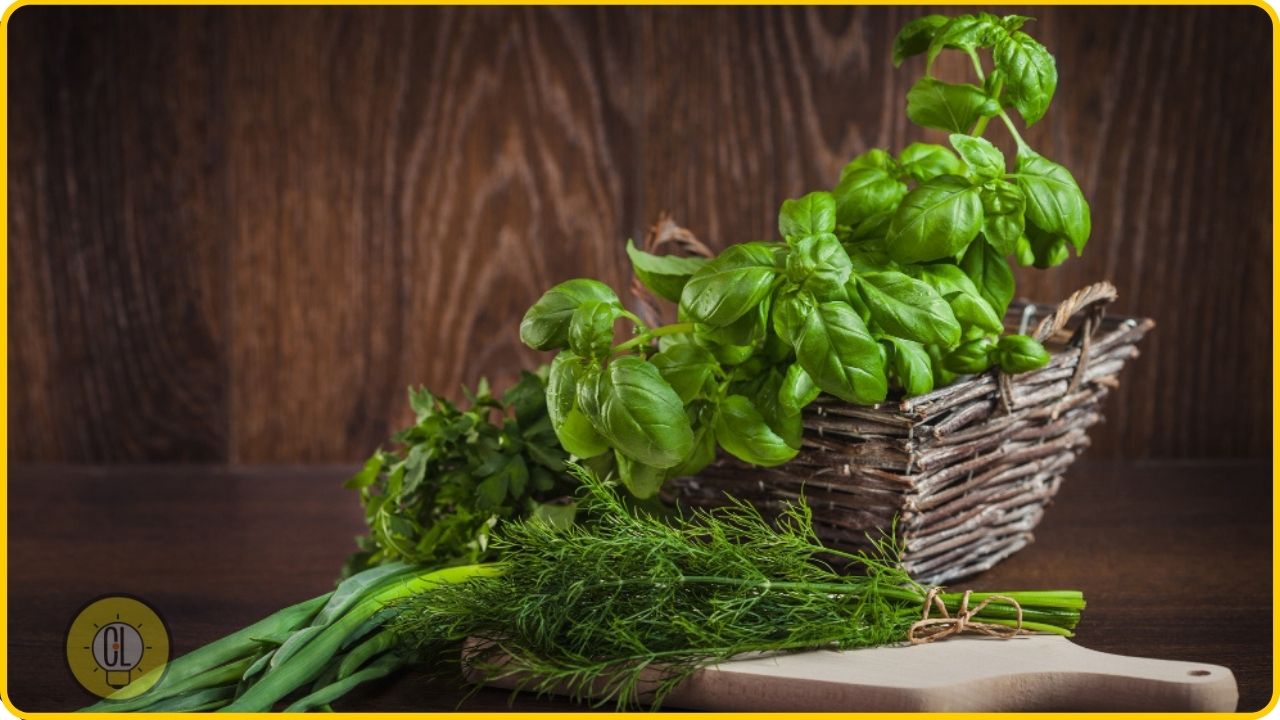
Basil is a powerful antioxidant. It is full of polyphenolic flavonoids, which protect a large part of the body’s structures from cell-damaging free radicals. The green leaves are an excellent source of vitamin K, manganese, iron, vitamin A, and vitamin C. It is also a good source of calcium, magnesium, and omega-3 fatty acids.
The plant is not just good consumption, basil essential oil is effective in treating wounds, cuts, and skin infections.
30. Sweet Potato
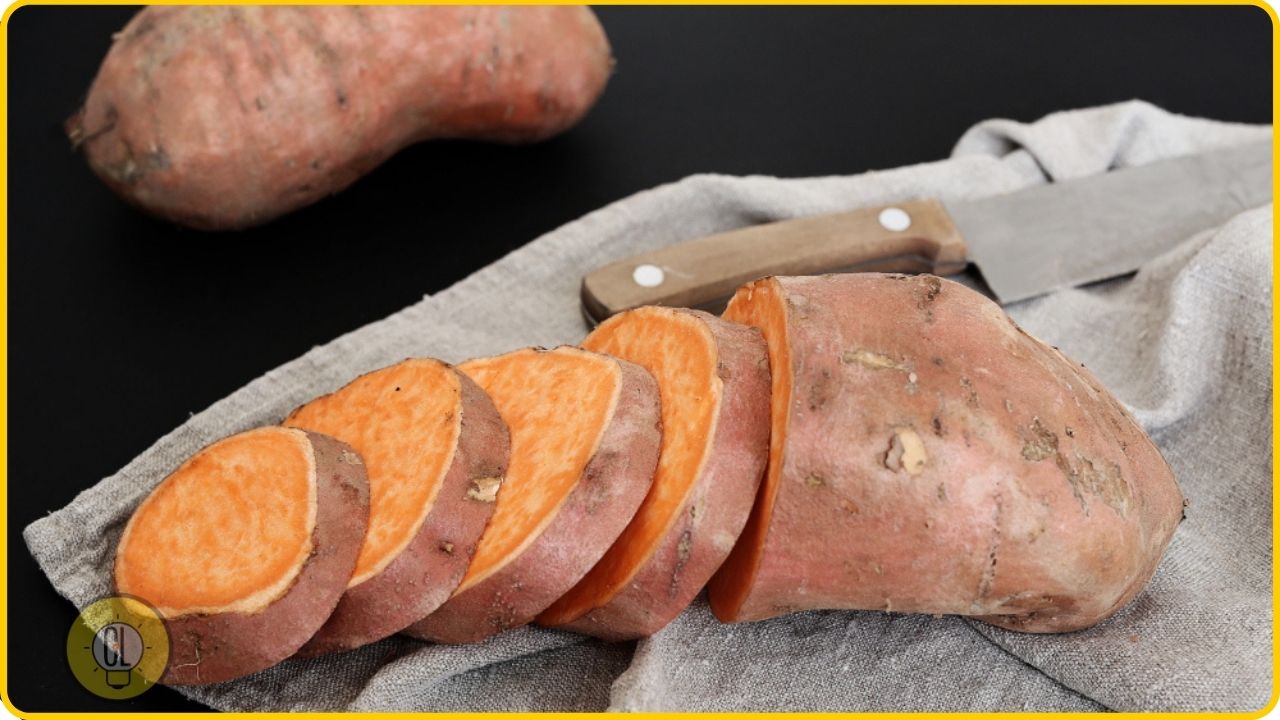
The sweet potato has also become increasingly popular in recent years, and not without reason. The vegetables contain fiber, vitamin A, vitamin C, vitamin B-6, and potassium.
The vegetable is simply number one, not only for their vitamin A and vitamin C content, but also for iron, calcium, protein, and complex carbohydrates.
Harvard School for Public Health has published a finding on which colored sweat potatoes contain what nutrients in excess.
So, are you ready to make this little change in your diet for better cardiovascular health? What other steps are you taking already? We would love to hear back from you.
